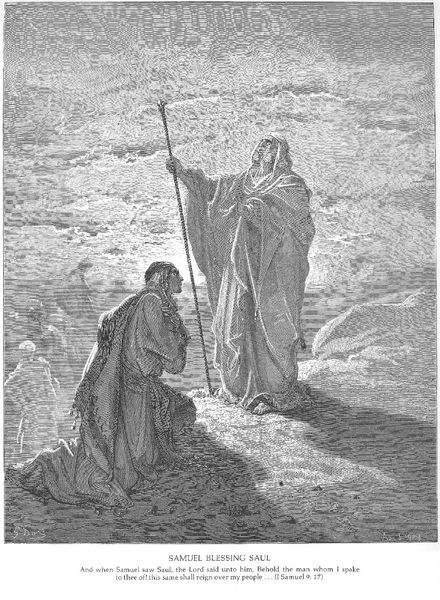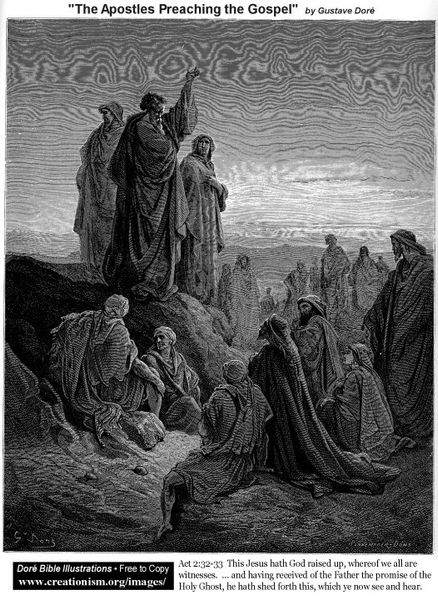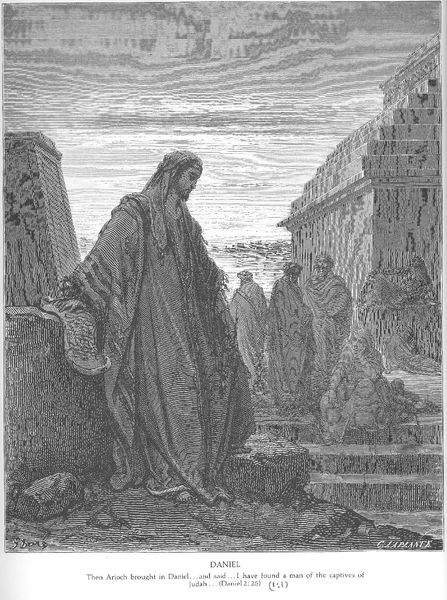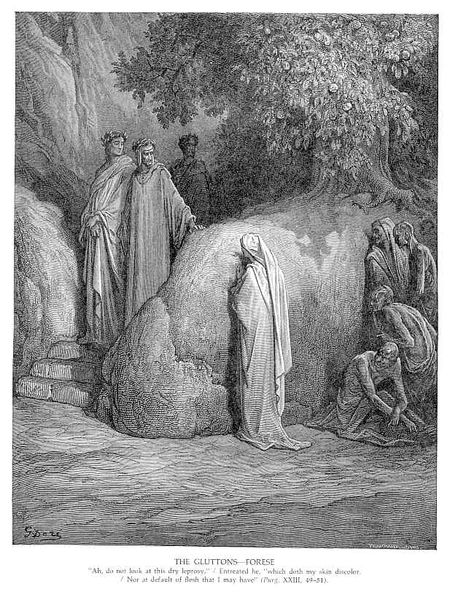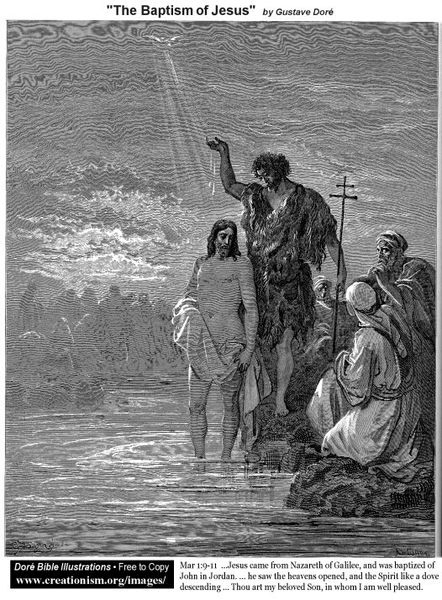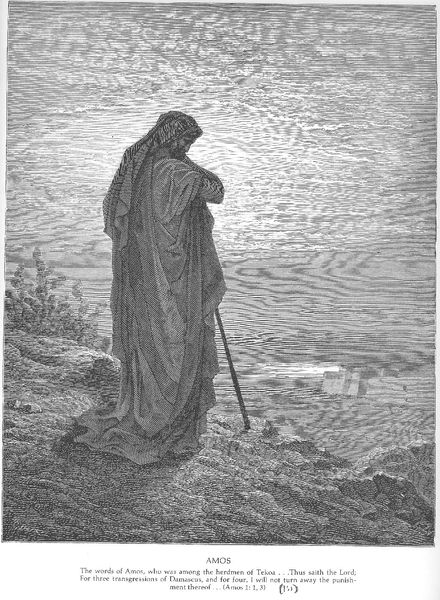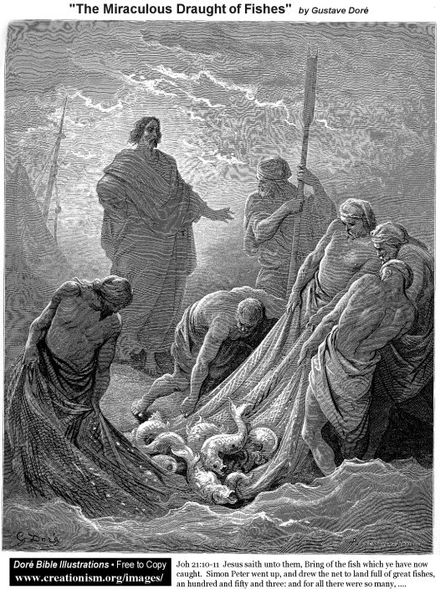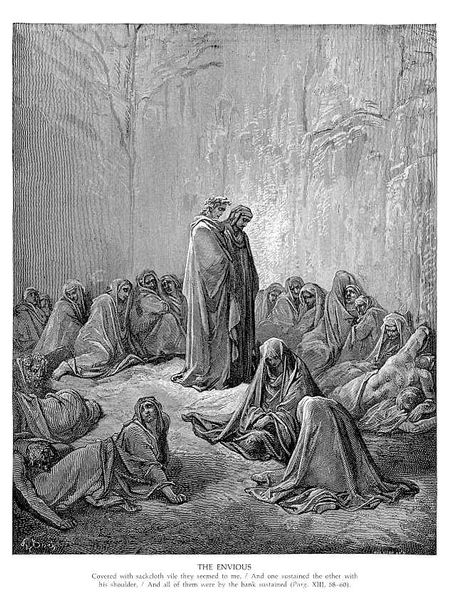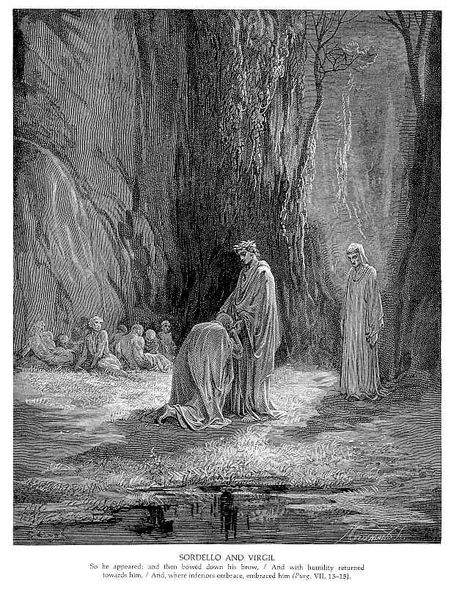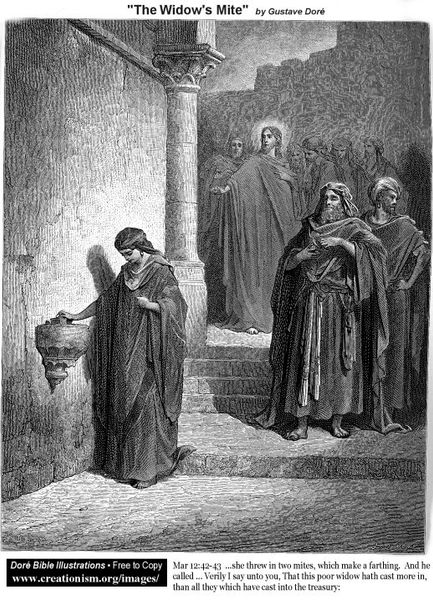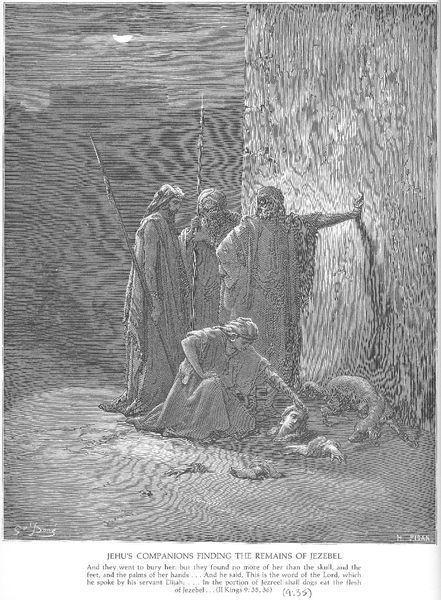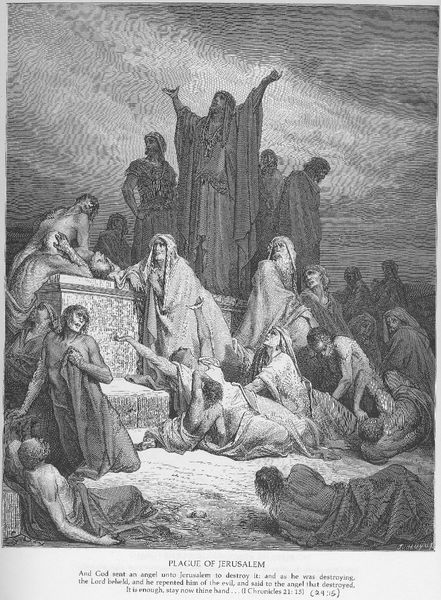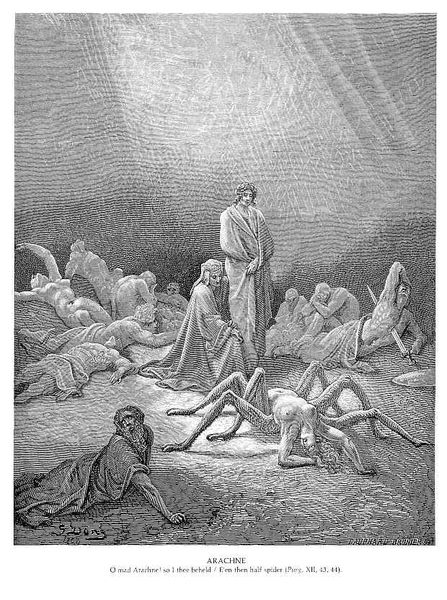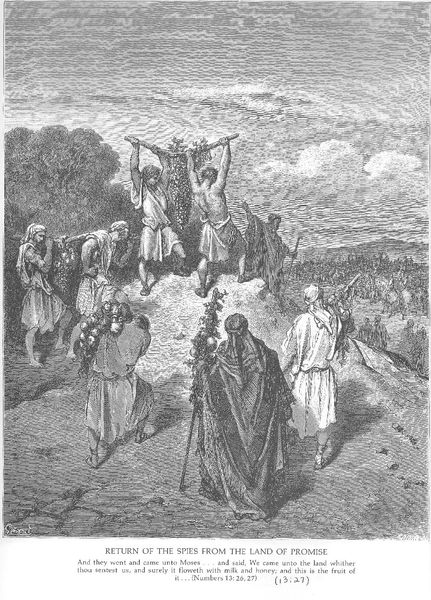
drawing, photography, ink, engraving
#
drawing
#
narrative-art
#
landscape
#
figuration
#
photography
#
jesus-christ
#
ink
#
romanticism
#
christianity
#
history-painting
#
engraving
#
christ
Copyright: Public domain
This engraving of ‘Jesus and the Disciples Going to Emmaus’ was made by Gustave Doré during the nineteenth century. The linear composition and the monochromatic tones capture a moment of contemplation and revelation. The work is structured around three figures, placed purposefully against a vast landscape. Notice how Doré masterfully uses line and texture to convey the emotional and spiritual weight of the scene. The disciples, draped in heavy robes, are rendered with detailed hatching, which adds depth and volume. Christ stands between them, his figure a focal point. Doré uses the landscape, composed of layers of horizontal lines, to convey a sense of distance and the enormity of the divine plan. The city of Emmaus on the horizon symbolizes a destination, both physical and spiritual. The entire image resonates with a semiotic complexity, where each element—line, form, and composition—contributes to a deeper narrative about faith, doubt, and recognition. This invites us to question the artwork's meaning and our own interpretations of these visual signs.
Comments
No comments
Be the first to comment and join the conversation on the ultimate creative platform.
